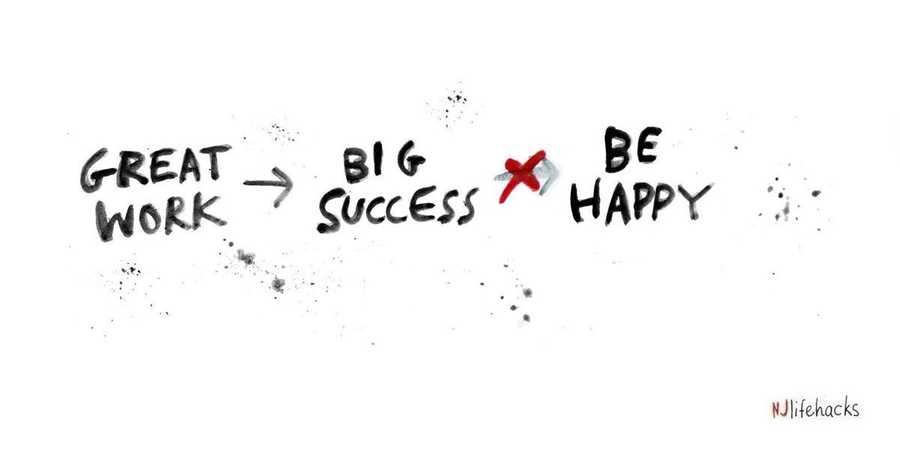We all think our beliefs are correct
That is why we believe them. In reality, almost everything we believe will eventually be at least partially wrong.
Since some of our beliefs are probably partially incorrect, the best way to spot them is to question some basic beliefs and assumptions.
187
1.31K reads
CURATED FROM
IDEAS CURATED BY
The idea is part of this collection:
Learn more about personaldevelopment with this collection
The importance of networking in podcasting
How to grow your podcast audience
How to monetize your podcast
Related collections
Similar ideas to We all think our beliefs are correct
CBT Unveils Our Core Beliefs
For people to get better, they need to understand themselves well. They need to know why they are feeling a particular emotion or carrying out a certain behaviour.
CBT therapy allows individuals to discover core beliefs that influence them in the present.
Exploring the way our brains...
Our Happiness Formula Is Wrong
We have, since the beginning, a wrong formula implanted in our minds about the pursuit of happiness. We think if we do amazing work, attain big success, then we will be happy eventually.
The reality is that new goals are constantly on the horizon, and our so-called happiness keep...
Question our thinking: Why we find it difficult
- One barrier is what psychologists call “cognitive entrenchment,” which is when you have so much knowledge in an area that you start to take for granted assumptions that need to be questioned.
- A second barrier is motivation: "I don’t want to...
Read & Learn
20x Faster
without
deepstash
with
deepstash
with
deepstash
Personalized microlearning
—
100+ Learning Journeys
—
Access to 200,000+ ideas
—
Access to the mobile app
—
Unlimited idea saving
—
—
Unlimited history
—
—
Unlimited listening to ideas
—
—
Downloading & offline access
—
—
Supercharge your mind with one idea per day
Enter your email and spend 1 minute every day to learn something new.
I agree to receive email updates



